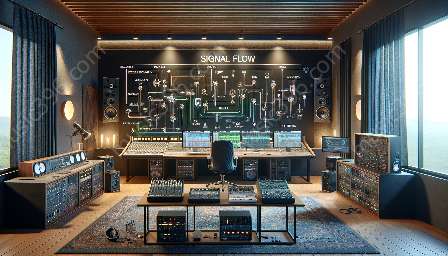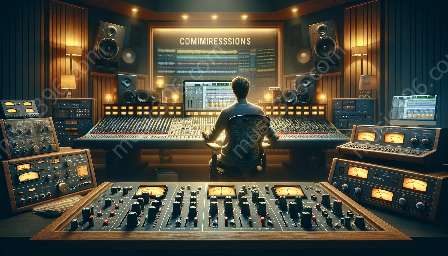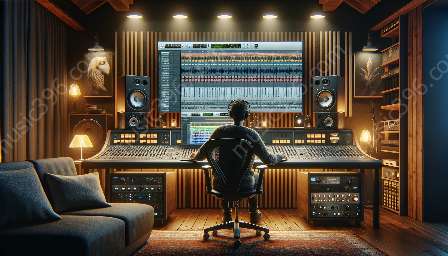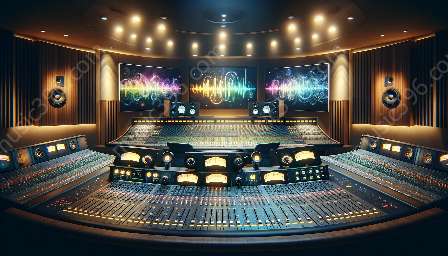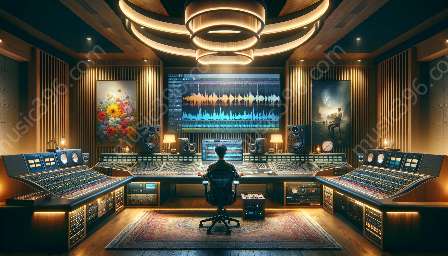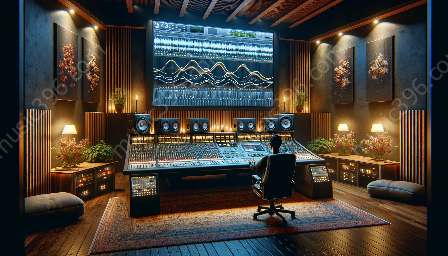Mastering your audio tracks is an essential process in producing high-quality music. However, achieving a translation of mastering across playback systems is crucial to ensure consistent and optimal sound quality. In this topic cluster, we will explore the significance of mastering across different playback systems, its relevance to EQ in mastering, and its impact on audio mixing and mastering.
The Importance of Mastering across Playback Systems
When songs are mastered, they are optimized to sound their best on specific playback systems. However, in the modern music industry, listeners use a wide variety of devices for playback, including smartphones, car stereos, and high-end audio systems. A well-mastered track should sound good across all these platforms. Therefore, mastering for various playback systems ensures that your music sounds consistent and high-quality, regardless of where it is played. It involves making informed sound adjustments to accommodate the unique characteristics of different playback systems.
Compatibility with EQ in Mastering
Mastering across playback systems is closely related to the use of EQ. Equalization (EQ) plays a crucial role in the mastering process by adjusting the tonal balance of the audio to optimize its sound quality. When considering mastering for different playback systems, EQ is used to fine-tune the frequency response and address any disparities between various playback systems. This involves making adjustments to the bass, midrange, and treble frequencies to ensure that the track translates well across different devices without compromising its overall sonic integrity.
Relevance to Audio Mixing and Mastering
Mastering across playback systems also has a direct impact on the audio mixing and mastering processes. During the mixing stage, audio engineers strive to create a well-balanced and cohesive mix. However, the mastering stage is where the final polish is applied to the mix, and mastering engineers need to ensure that the mastered track translates effectively across multiple playback systems. This requires a deep understanding of how different playback systems reproduce sound and the ability to apply specialized processing techniques to achieve optimal translation of the music.
Conclusion
Mastering across playback systems is a critical aspect of the audio production process. It ensures that your music sounds consistent and impressive across various devices, and it involves close consideration of EQ and its impact on audio mixing and mastering. By mastering your tracks for different playback systems, you can ensure that your music reaches its audience in the best possible way.



